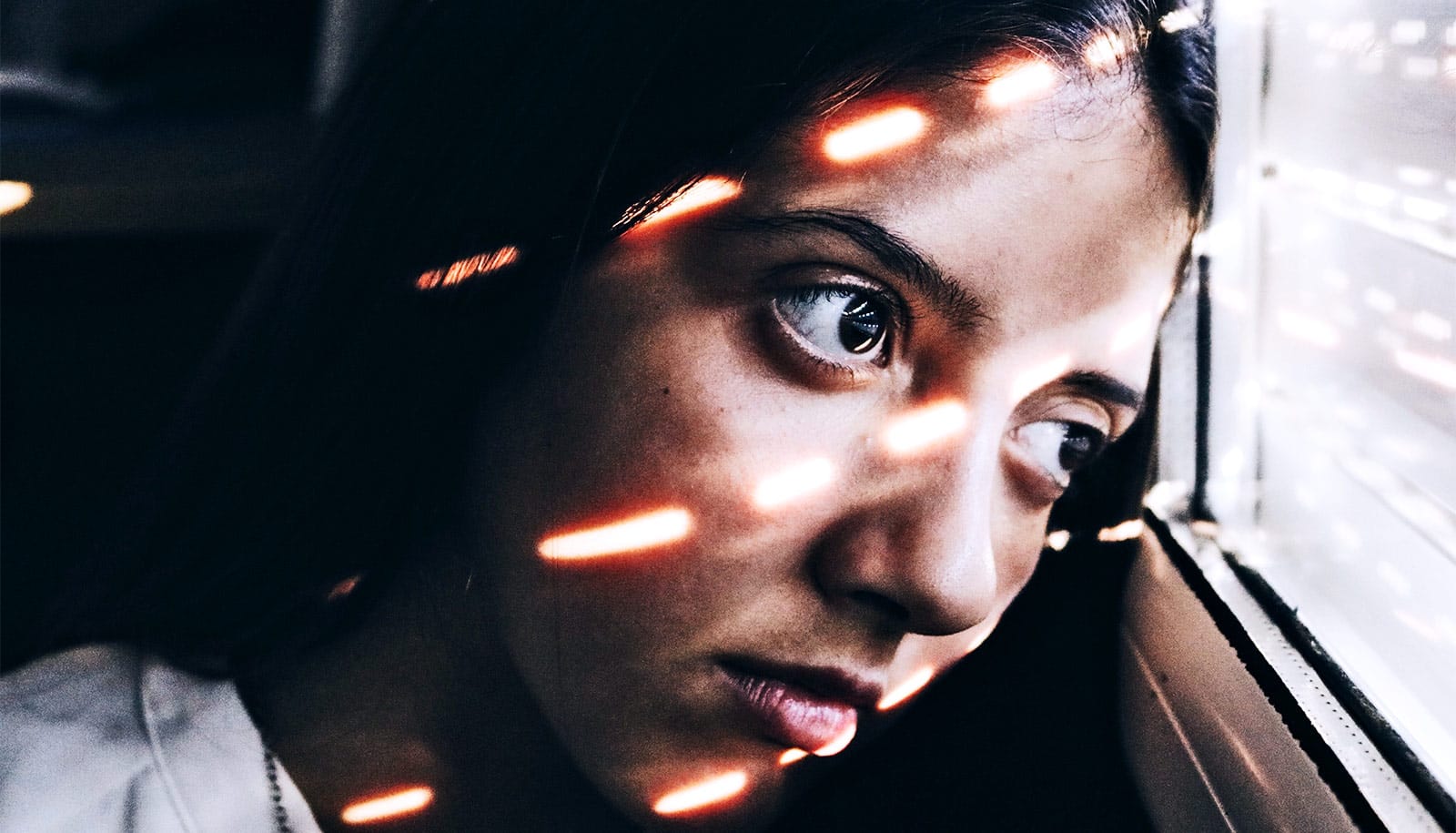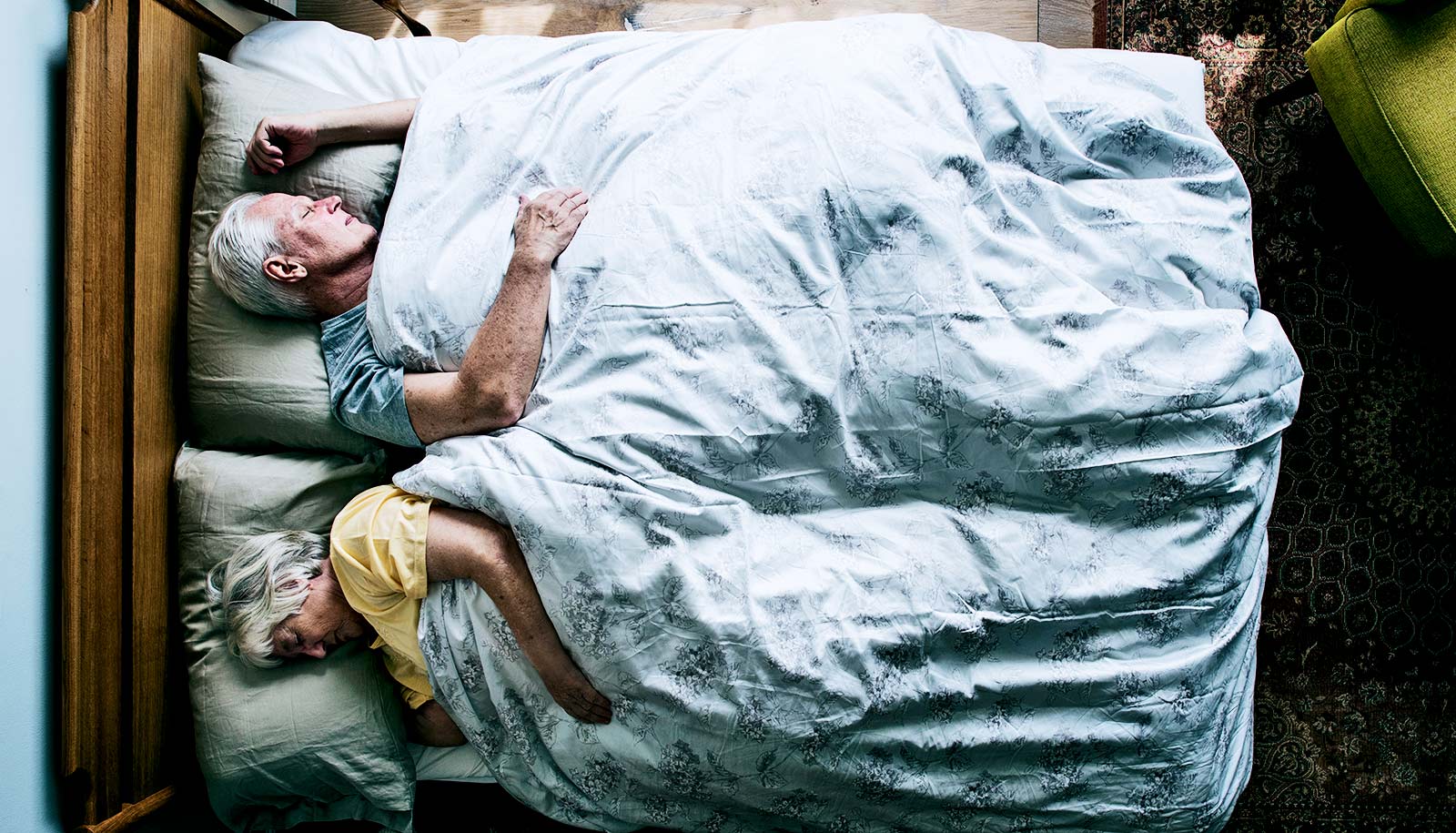New evidence shows that narcolepsy is an autoimmune disease.
For many years, scientists have suspected the sleep disorder of being an autoimmune disease, but couldn’t prove it conclusively.
“We have found autoreactive cytotoxic CD8 T cells in the blood of narcolepsy patients. That is, the cells recognize the neurons that produce hypocretin, which regulates a person’s waking state. It does not prove that they are the ones that killed the neurons, but it is an important step forward. Now we know what the cells are after,” says Birgitte Rahbek Kornum, an associate professor in the neuroscience department at the University of Copenhagen.
People with narcolepsy have difficulty staying awake for a long time and have an irregular sleep rhythm. The boundaries between sleep and waking state get erased, so to speak, and they may suffer from dream-like visions and hallucinations, among other things, even when awake.
There are two types of narcolepsy. People with type 1, the most common form, lack the transmitter substance hypocretin, which regulates the waking state, and they suffer from cataplexy which is brief loss of muscle control. People with type 2 do not lack hypocretin and do not suffer from cataplexy. Still, they experience the same symptoms as type 1 patients. In this study, the researchers focused on type 1.
The immune system’s job is to recognize viruses and bacteria. When its cells are autoreactive—which is the case in autoimmune diseases—the immune system recognizes the body’s own cells and attacks them. A cell being cytotoxic means that it is capable of killing other cells. In most narcolepsy patients, the neurons that produce hypocretin and thus regulate our waking state are destroyed.
“To kill other cells, e.g. neurons producing hypocretin, CD4 and CD8 T cells usually have to work together. In 2018, scientists discovered autoreactive CD4 T cells in narcolepsy patients. This was really the first proof that narcolepsy is in fact an autoimmune disease. Now we have provided more, important proof: that CD8 T cells are autoreactive too,” says Kornum.
Autoreactive cells
In the study, the researchers studied and analyzed blood samples from 20 persons with narcolepsy. In addition, they analyzed blood samples from a control group of 52 healthy persons. In nearly all 20 narcolepsy patients the researchers found autoreactive CD8 T cells. But autoreactivity was not only in people with the sleep disorder. The researchers also discovered autoreactive cells in a lot of the healthy individuals.
“We also found autoreactive cells in some of the healthy individuals, but here the cells probably have not been activated. It is something we see more and more often with autoimmunity—that it lies dormant in all of us, but is not activated in everyone. The next big puzzle is learning what activates them,” says Kornum.
What’s the trigger?
According to Kornum, the discovery of autoreactive cells in healthy individuals also stresses the theory that something has to trigger narcolepsy and activate autoreactivity. Scientists still don’t know what causes the disease. They expect a combination of genetics, autoreactive cells, and a form of trigger to bring about the disease, e.g. a virus infection. Doctors can treat the disease medically today, but the new research results may pave the way for even better treatments.
“Now there will probably be more focus on trying to treat narcolepsy with drugs allaying the immune system. This has already been attempted, though, because the hypothesis that it is an autoimmune disease has existed for many years. But now that we know that it is T cell-driven, we can begin to target and make immune treatments even more effective and precise,” says Kornum.
The research appears in Nature Communications. The Lundbeck Foundation funded the study through a fellowship and a postdoc scholarship. Additional funding came from the Independent Research Fund Denmark and the Norwegian Ministry of Health and Care Services.
Source: University of Copenhagen



